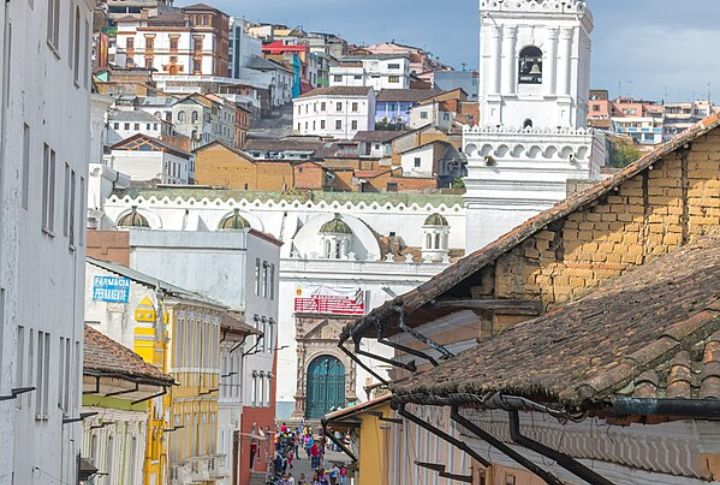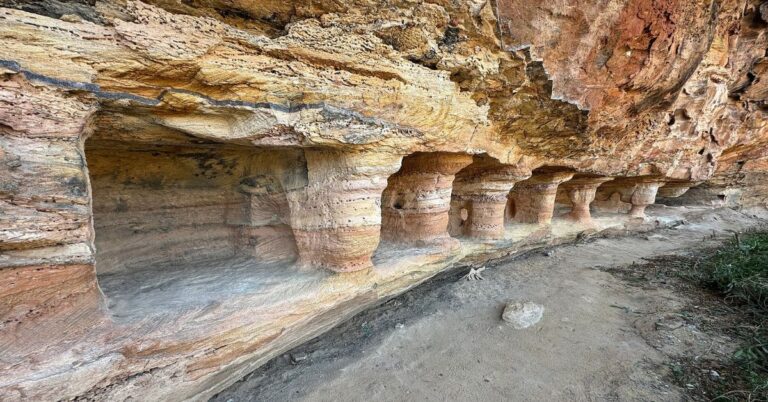5 Common Facts About Geography You Didn’t Know

Geography is full of surprising twists and turns that often catch even the most seasoned explorers off guard. Here are five geography facts that highlight the incredible diversity and quirks of our planet, guaranteed to make you the most interesting person at your next trivia night!
Africa Isn’t a Country

It’s easy to think of Africa as one homogeneous entity, but this continent is a vast mosaic of 54 distinct countries. Nigeria alone has over 500 different ethnic groups. So, next time you hear someone refer to Africa as a single place, feel free to share your newfound knowledge.
Canada Has More Lakes Than the Entire World

If you picture Canada as a land of maple syrup and hockey, think again! It features over two million lakes, covering nearly 9% of its total land area. These bodies of water range provide a stunning backdrop for outdoor activities. Canada is also home to the world’s longest coastline, stretching over 200,000 kilometers.
Russia Is Bigger Than Pluto

Many people know that Russia is the largest country on Earth, spanning an impressive 6.6 million square miles. However, what might surprise you is that this expanse is actually larger than the dwarf planet Pluto, which measures approximately 6.4 million square miles.
Mount Everest Isn’t the Only “Tallest” Mountain

When it comes to height, Mount Everest often gets all the glory, standing at 8,848 meters (29,029 feet) above sea level. However, if you measure mountains from base to summit, Mauna Kea in Hawaii takes the crown, rising over 10,000 meters (32,808 feet) from its underwater base.
The Equator Doesn’t Always Mean Warm Weather

Many think being on the equator means warm temperatures all year. While the equator does get steady sunlight, temperatures can change based on altitude and local weather. For example, cities like Quito in Ecuador have a cooler climate because they are at a high elevation, showing how varied equatorial climates can be.







